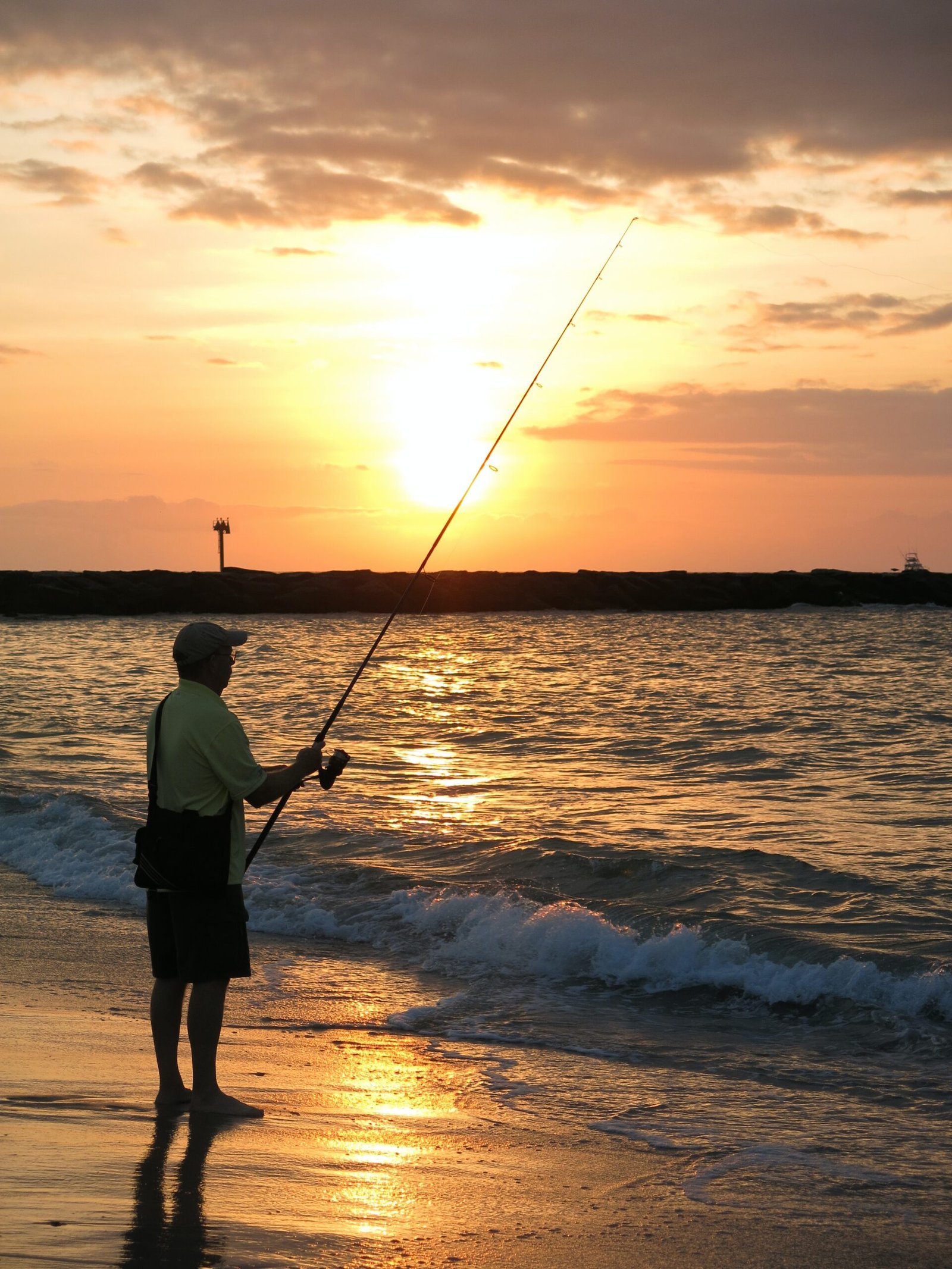Surf fishing on the beach is a thrilling and rewarding activity that allows anglers to enjoy the beauty of the ocean while trying to catch some impressive fish. Whether you are a seasoned angler or a beginner, this guide will provide you with all the information you need to make the most out of your surf fishing experience.
Equipment and Gear
Before you head out to the beach, it’s important to have the right equipment and gear. Here’s a breakdown of what you’ll need:
- Rod and Reel: Choose a sturdy rod and reel combo that can handle the weight of larger fish. A 10 to 12-foot surf rod with a spinning reel is a popular choice.
- Fishing Line: Opt for a monofilament or braided line with a test strength of 15 to 20 pounds. This will ensure that your line can withstand the strong currents and waves.
- Tackle: Stock up on a variety of sinkers, hooks, and swivels to adjust to different fishing conditions. It’s also a good idea to have a few extra leaders and rigs.
- Beach Cart: A sturdy beach cart will make it easier to transport your gear across the sand.
- Cooler: Keep your catch fresh by bringing a cooler with ice.
Choosing the Best Location and Time
The success of your surf fishing trip largely depends on choosing the right location and time. Here are some factors to consider:
- Tides: Fish are more active during high tide, so plan your fishing trip accordingly. Check local tide charts to determine the best times to fish.
- Structure: Look for areas with natural structure such as sandbars, jetties, or troughs. These areas attract fish and provide them with food and shelter.
- Research: Do some research or talk to local anglers to find out which beaches are known for good surf fishing. Some beaches have restrictions or require permits, so make sure to familiarize yourself with the regulations.
Bait and Lure Options
Choosing the right bait or lure is crucial for enticing fish to bite. Here are some popular options:
- Fresh Bait: Use fresh bait such as shrimp, squid, or cut bait. These natural baits are effective for catching a variety of fish species.
- Artificial Lures: If you prefer using lures, consider using spoons, jigs, or soft plastic baits. Experiment with different colors and sizes to find what works best.
Casting Techniques
Mastering the art of casting will greatly improve your chances of success. Here are some casting techniques to try:
- Overhead Cast: This is the most common casting technique. Stand with your feet shoulder-width apart, extend your arm back, and bring it forward in a smooth motion, releasing the line at the right moment.
- Sidearm Cast: Use this technique when there are strong winds or obstacles behind you. Keep your rod parallel to the ground and bring it forward in a sidearm motion.
- Roll Cast: Ideal for fishing in close quarters, the roll cast involves rolling the line out in a circular motion without extending your arm fully.
Common Species Found when Surf Fishing
Surf fishing offers the opportunity to catch a wide variety of fish species. Some common species include:
- Striped Bass
- Bluefish
- Flounder
- Red Drum
- Pompano
Safety Precautions, Regulations, and Ethics
While surf fishing can be exciting, it’s important to prioritize safety and follow regulations and ethical practices. Here are some guidelines to keep in mind:
- Stay aware of your surroundings and be cautious of strong currents and waves.
- Use sunscreen and protect yourself from the sun’s harmful rays.
- Follow local fishing regulations and obtain any necessary permits.
- Practice catch and release whenever possible to preserve fish populations.
- Dispose of any trash responsibly and leave the beach in the same condition as you found it.
Surf fishing on the beach is a fantastic way to enjoy the outdoors and test your angling skills. By using the right equipment, choosing the best location and time, and employing effective techniques, you’ll increase your chances of a successful fishing trip. Remember to prioritize safety, follow regulations, and practice ethical fishing practices to ensure a sustainable future for this beloved sport.

